
Six ways to escape the crowds and see the real Chiang Mai
It's a city of trees, colour, and markets - and a place that encourages introspection. Finding places away from the crowds will help you get so much more from your time there
There is a sense of romance, of intrigue, that comes with a trip to Chiang Mai. Thailand's unofficial second city is in the far north of the country, surrounded by the mountain ranges of the Thai highlands, and it is much celebrated as the cultural capital of the country. Here, in the city that was once the capital of the Lanna Kingdom, there are more than 300 Buddhist temples. It's a city of trees. A city of colour. A city of markets. It's also a place that naturally encourages introspection, and finding places away from the crowds will help you get so much more from your time there.
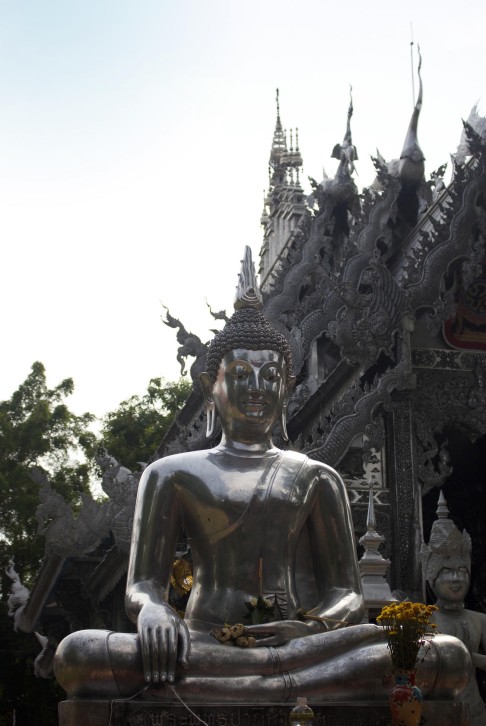
Talk with monks at the Silver Temple
Just south of Chiang Mai's old town is the city's silversmith district. The streets are packed with stores selling everything from silver earrings to bracelets to photo frames. Down one of the side streets is a temple called Wat Srisuphan (Moo 2, Tambon Nong Kaeo, Amphoe Hang Dong). It's rarely visited by tourists, which is strange, as it's both exquisite and unusual: the entire temple is made of silver. Inside the complex you can see the metal being battered into intricate plates, as the tradition of silver working is passed on to the next generation. The temple offers "monk chats" every Tuesday, Thursday and Saturday at 5pm, where visitors can speak with monks and learn more about Buddhism.
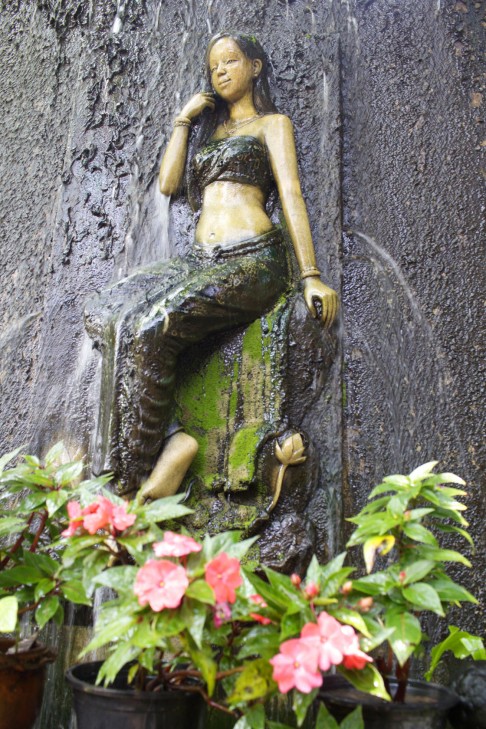
"Give back" while you receive a massage
Foolish is the traveller who visits Thailand without having a traditional Thai massage. Why? Thai massage is a healing process that incorporates stretching, energy meridian work and specific pressure points to relieve stiff and sore muscles, boost circulation and reduce stress. There are so many places offering massages you'll never be short of choice, but if you want to give something back, you should visit the Chiang Mai Women's Correctional Institution Vocational Training Centre. (100 Rajvithi Road, Chiang Mai old town) Here, massages are given by women who are nearing the end of their prison sentences. They have been meticulously trained and all the money they earn is saved and given to them when they leave prison. They leave with a skill and experience, and a fund to help set them up a new life. The centre also has a small restaurant and shop, where food and souvenirs are made and sold by prisoners.
Open Monday to Friday, 8am-4.30pm; Saturday and Sunday, 9am-4.30pm
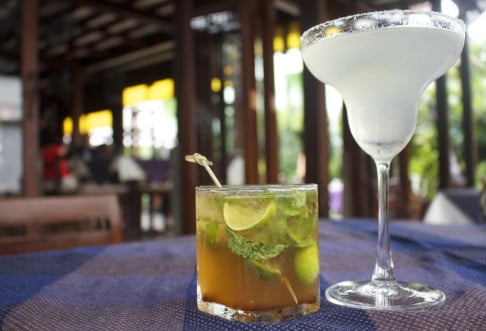

Get a taste of the city
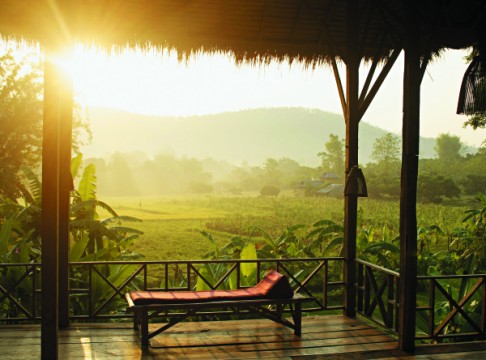


Spend time near a hill tribe village
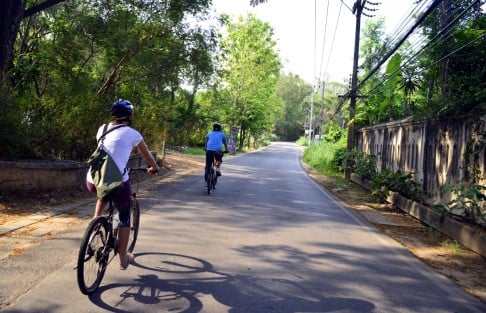
Ride a bicycle through the back streets
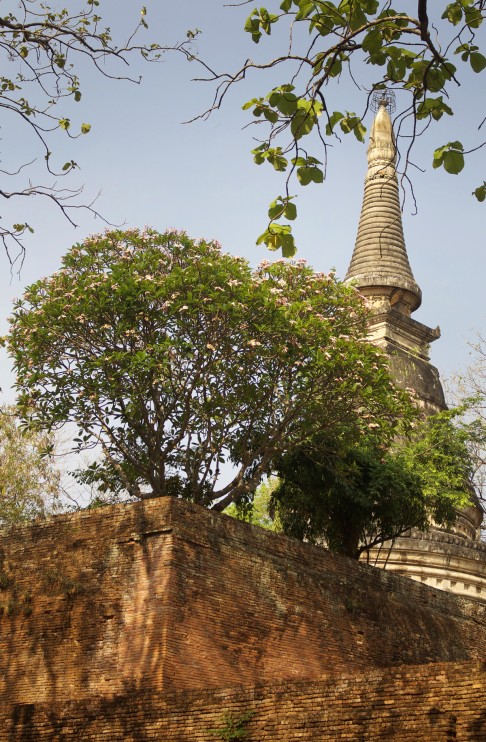
Reconnect with nature at a forest temple

Almost everyone will tell you that you must visit Chiang Mai's Wat Phra Doi Suthep temple. It's enormous, it's elaborate, and it offers exceptional views across the city — but it does get very busy with busloads of tourists who climb the 300 steps to the beautiful temple. When you need some breathing space, head for Wat Umong (135 Moo 10 Suthep, Chiang Mai), a very quiet temple complex in the foothills of Suthep mountain. Here, giant trees cast shadows across the stupa, and mosses cling to concrete walls; frangipani flowers are often scattered across the grass and the air is wonderfully cool. The temple takes its name from a system of tunnels ("umong" means tunnel in Thai) which was built in the late 14th century; walk through them and you'll discover an altar and some shrines. There is also a small lake, where you can feed the ducks and birds, which are protected at this temple. Here, you will be sure to find peace.
